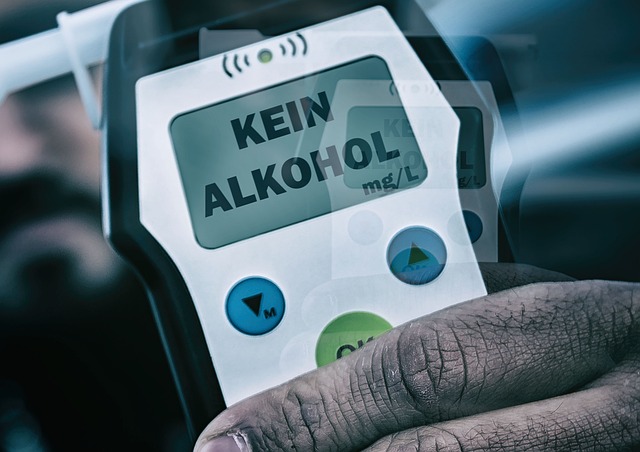
Driving while intoxicated (DUI) is a severe crime with substantial legal repercussions. It’s critical to comprehend the potential legal consequences of a DUI accusation and your options for handling them. The legal implications of a DUI will be covered in this article.
Understanding the Legal Punishments of a DUI:
Criminal Penalties:
DUI offenders may face fines, jail time, parole, and community service as criminal consequences. The facts surrounding the incident, including the driver’s blood alcohol level (BAC) and past convictions, determine how severe the sanctions will be. Here is a walkthrough:
• Penalties and court fees: DUI convictions can carry high penalties and fees. These charges might vary from just a few hundred to a few thousand dollars, according to the jurisdiction and the gravity of the conduct.
• Prison sentence or community service: Certain DUI convictions have obligatory prison sentences, while others may substitute community service for jail time. Depending on the state and the specifics of the offense, a prison term or community service may differ in duration.
• Probation: Following a DUI conviction, a person may occasionally be put on probation. Regular check-ins with a probation officer, drug and alcohol testing, and required community service are all possible components of probation.
Administrative Penalties:
A DUI conviction can result in penal provisions from the motor vehicle department (DMV) as well as criminal penalties.
• License suspension or revocation: Following a DUI conviction, a person’s driver’s license may be suspended or revoked. The term of cancellation or suspension will vary depending on the state and details of the occurrence.
• Ignition interlock device: In some instances, a person may be forced to install an ignition interlock device (IID) in their car. An IID is a detector that prevents the vehicle from starting if the driver’s blood alcohol concentration (BAC) reaches a certain level.
• Required drug or alcohol treatment: As a condition of their sentencing, a person convicted of a DUI may be ordered to undertake obligatory drug or alcohol treatment.
Steps to Deal with the Legal Punishments of a DUI:
Hiring an Attorney:
In case you have been charged with such an instance, you must seek the counsel of an expert DUI lawyer who can help you comprehend the legal procedure and investigate possible defenses. For people facing (DUI) charges in Knoxville, it is important to seek the help of a professional and experienced Knoxville DUI lawyer. Here are some advantages of hiring a qualified lawyer.
• Investigating potential defenses: A DUI lawyer can assist you in investigating potential defenses such as malfunctioning breathalyzer equipment or incorrectly performed field sobriety tests. They can also negotiate plea bargains or reduced penalties, which can assist in mitigating the legal ramifications of a DUI.
Completing Punishments:
If you are convicted of a DUI, you must fulfill all the consequences of your sentence. This might involve doing community service or going to jail, getting drug or alcohol treatment, and paying fines and court expenses. Failing to satisfy these penalties may result in extra-legal consequences, such as additional fines or jail time.
Moving Forward After a DUI:
Rebuilding Your Reputation:
DUI convictions can have long-term consequences for your reputation and personal life. Yet, there are things you may do to improve your image and move forward following a DUI, such as:
• Getting counseling or therapy: DUI convictions can be emotionally taxing, and seeking counseling or therapy can assist you in processing your feelings and emotions.
• Developing new hobbies or interests: Developing new hobbies or interests will assist you in moving past the unpleasant phase of a DUI conviction and focusing on the good.
• Creating a support system: After a DUI, a support system of friends and family who can give emotional support and counseling can help you move forward.
Preventing Future DUIs:
Preventing future DUIs is one of the most critical things you can do after a DUI conviction. Here are several examples:
• Avoiding scenarios that might lead to another DUI: such as drinking and driving or getting into a car with a drunk driver.
• Getting treatment for alcohol or drug misuse: through support groups or therapy sessions.
Conclusion:
To summarize, dealing with the legal after of a DUI may be a difficult and daunting affair. But, you may limit the long-term impacts of a DUI conviction and avoid such unfortunate events in thefuture by knowing the legal ramifications, obtaining counsel, completing sanctions, and trying to move forward.


